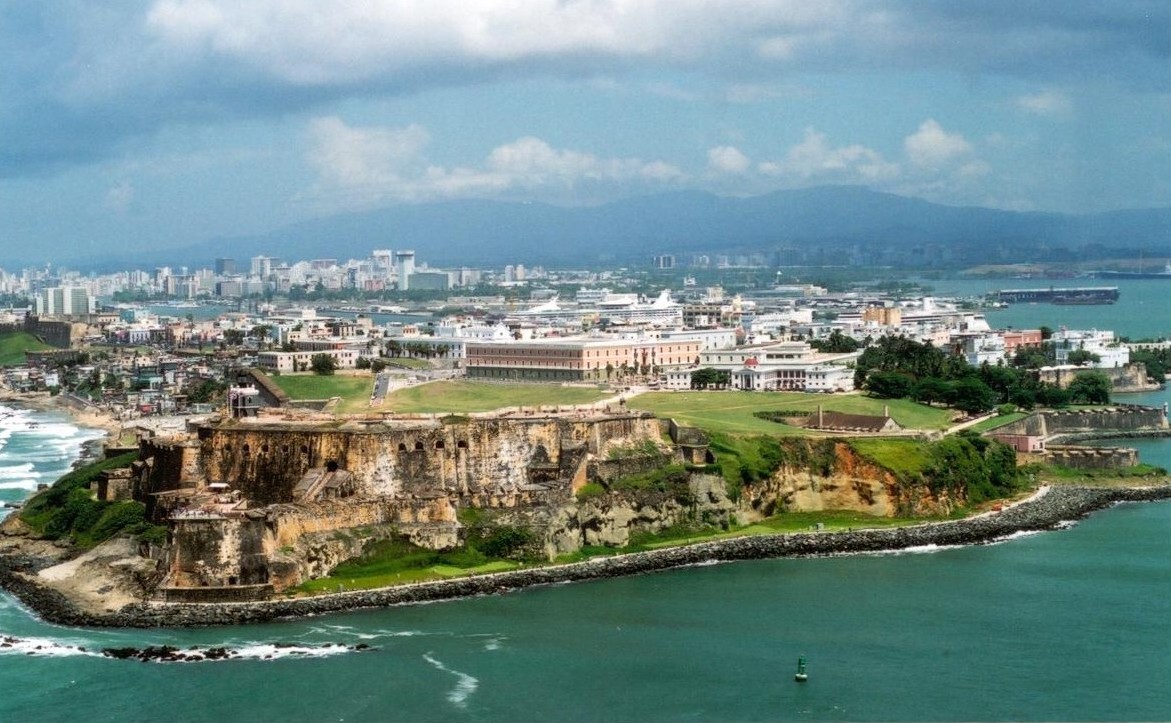While Washington has been wrangling with the shutdown and the largely synthetic debt ceiling crisis, a smaller but no less worrying debt problem brews just beyond the mainland.
Puerto Rico, technically a commonwealth of the United States, is dangerously close to default. Analysts and investors have drawn worrying comparisons between the financial woes of the island and those of Detroit and Greece. A recent series of articles by The Economist reviewed the Caribbean nation’s economic situation as well as possible solutions.
Puerto Rico has $70 billion in outstanding debt, or about 70% of its GDP, making it more indebted than any U.S. state in terms of debt-per-person. Its economy has been in recession since 2006, and continues to struggle despite the current government’s commitment to balancing the budget.
Puerto Rican bonds have historically been very alluring due to their special status in the U.S. bond market – interest payments on Puerto Rican debt are tax-exempt in all 50 states. Despite this, investors have pushed up Puerto Rican bond yields to 10% as fears of default abound, and rating agencies hold the bonds at just a notch above junk level. Soon, the island could be shut out of U.S. borrowing market altogether.
Unlike cities or independent countries, Puerto Rico is legally not allowed to default. In this sense it is treated like a state of the Union, making the legality of debt restructuring very shady.
Part of the problem is historically excessive borrowing by the island government, which oftentimes got carried away due to the privileged position of its bonds. Many public works and infrastructure projects designed to shore up support for partisan agendas have been funded through these measures, leaving little for future administrations to pay back to investors.
Also, the island’s bloated public sector has become almost ridiculously ineffective. Decades of political favoritism and red tape have made the commonwealth government seem more like a developing country than a U.S. state – in large part due of the dependence created by federal money injections from the U.S.
Under pressure from mainland politicians and investors, the current middle-of-the-road Popular Party administration has tried to raise revenue by sharply increasing taxes and utility prices, while selling off some public industries to private companies. Bondholders appreciate the austerity, but it puts even more strain on an already impoverished economy. About 40% of Puerto Rico’s population is already under the poverty line. Like Detroit, the island has lost many skilled professionals to better job markets abroad, leaving a progressively poorer and older population to cover the costs of recession.
Certain measures need to be taken to jump-start the local economy, which cannot bear the brunt of sustained austerity for long. First, incentives for foreign companies – such as the ones that existed prior to 2006 – should be brought back, with special provisions made to keep corporate earnings in Puerto Rican banks. Lowering borrowing costs and allowing greater access to credit would help locals establish their own businesses, which could provide greater tax revenue for the cash-strapped government.
Perhaps more urgently, the island’s mercantilist shipping policy needs to be abolished. Under the current system, Puerto Rican imports and exports can only be transported by the U.S. merchant marine, which many argue sustains itself through this unfair imposition on Puerto Rican trade.
Puerto Ricans and Americans must also understand that the island cannot perform at the economic level expected of states unless greater development measures are taken. Judging by most economic and social indicators, Puerto Rico still resembles a developing country. It’s time that its economy is treated as such, and not subjected to laws and regulations that could disincentivize local business development. For most of the island’s history as U.S. colony – or “commonwealth” – American firms have completely dominated the economy. Now, as the U.S. suffers its own financial crises, Puerto Rico is left unprepared for global market competition.
For almost a year now, most political news coverage on the island has focused on the largely irrelevant results of a status referendum and an alleged “push” for statehood. If the island is going to have any hope of avoiding default, these trite status considerations need to be put aside. Islanders must regain their industriousness, create more local businesses, and strive to make Puerto Rico a better place to live and work – for people of all political persuasions.
